My Top 10 Lessons As A
First-Time Documentary Filmmaker

Guest Post by: Cassidy Poling, Filmmaker
Published: February 14, 2019
Taking on the challenge of making a documentary for the first time can be intimidating.
Even after graduating with a four-year degree in Cinema, embarking on that journey myself felt overwhelming.
While my education gave me a strong foundation in filmmaking, there were so many things that I learned that could only have been known by going out and making a film.
Here are some lessons learned and tips I recommend for other first-time filmmakers!
Our Crowdfunding Video
Learn about our 'TIPLESS DOCUMENTARY' Crowdfunding Campaign
(Now LIVE: Thank you for supporting a fellow filmmaker) ;-)
Before you start, talk with someone who has done this before.

When I first began entertaining the idea of producing a feature documentary, I was pretty uncertain of the best way to attack the project.
My background is in short narrative film, which is very different than full length documentary productions.
My first instinct was to find a filmmaker who had taken on that challenge so I could get some realistic expectations of what I would be getting myself into.
After asking some friends, I was put in contact with a producer who released his first documentary a few years prior.
Talking with someone who had successfully taken on the challenge gave me a clear picture of what I was about to embark on, how to handle the challenges that awaited me and ultimately gave me the confidence that I needed to move forward on my own project.
I highly recommend sitting down with another filmmaker who has done something like your project and get advice on what to expect.
Having trouble finding someone you know that can give you advice? Dorothy Fadiman’s book Producing with Passion: Making Films that Change the World is packed full of advice and is a great resource to help new producer succeed.
Have a goal and purpose for the film

Anything you do in life is easier when you are working towards a goal, and this is no exception with your film.
Having attainable and clear goals will keep you moving forward as you construct your vision.
What is the message you are hoping to get across? When do you aim to finish the project? What is the ultimate release strategy?
All of these questions will help you in the planning and development of the film.
For my project, the ultimate goal is to raise awareness for small business issues and to explore the effects of minimum wage reform on communities.
In order to make the biggest impact with the film our team aims to have it ready for the 2020 festival cycle with a focused release in bigger, more progressive cities.
See our crowdfunding campaign here.
Having those details set out helped us adjust our plans and focus our efforts more effectively.
Setting clear and attainable goals will give you clarity and direction during the process and help keep you on track when you feel overwhelmed.
Know your three-act structure

Every good film lives and dies by its story.
Just because you are capturing real events in a documentary doesn’t mean that you shouldn’t think about what your overall story arc is as you shoot your film.
With our project, we are retelling the story of a restaurant that made the decision to switch from a traditional tipping restaurant to a gratuity-free pay structure.
Since they had already done this successfully it was easier to establish a clear beginning, middle, and end.
This becomes a little more difficult when you are capturing events that are still unfolding.
The story of your documentary might shift as you begin to film but its important to have an idea of how your story will flow and adjust as you go.
If you are uncertain how your film will resolve, try and anticipate what may happen down the line and plan your story accordingly. This will make the process easier with each stage of production.
Sheila Curran Bernard book, Documentary Storytelling: Creative Nonfiction on Screen delves into the art of crafting documentary narratives. If you are having trouble finding your story, I highly recommend giving it a read.
Define your style

A well-defined style for a film can be just as powerful as a strong story arc.
The choices that you make as a filmmaker can add so much depth to a piece and can bring the audience in, keeping them interested.
When we first started developing our film we wanted to make it observational so that the audience could feel like they were a part of the journey these small businesses were going through.
However, as we continued to develop our story we decided that an expository mode was better suited for the project due to the subject matter and our resources as filmmakers.
We still use observational influences within the film, but ultimately the expository mode helped create a more compelling and interesting product.
Don’t let your shooting style or cinematic techniques be an afterthought when crafting your film. Take the time to think about your choices and how they line-up with the goal of the film.
Introduction to Documentary by Bill Nichols contains an informative chapter about the different documentary modes and their uses throughout history. He brilliantly explains what each style conveys to the audience and how you can utilize them to make a bigger impact with your film.
Do your research

When creating a film that is based in reality, it is important to be accurate with the details. Having misinformation in your film could leave audiences feeling tricked and can possibly get you in legal trouble down the line.
Since our film deals heavily with economic issues and the intricacies of State, Federal and Local laws, our team had to be super proactive in our research to make sure we are properly representing the issues.
I have and continue to read books, watch lectures and talk to numerous legal professionals, restaurant owners and economists to get clarity on the issue.
Be sure to research your topic fully so you can best represent your topic and create a film that is accurate and informative. The better you understand your subject matter the easier it will be to create a compelling story on the topic.
Create a solid budget

In order to tackle your project efficiently, it is critical to know what your film will cost to make.
Without a proper budget it is easy to let a film go off the rails and fail to finish the project because of insufficient funding.
It can be very tempting to minimize the need for certain costs to make it the film seem more attainable, but this can really hurt the quality and integrity of the project.
Do your research and create a realistic budget so you have a clear idea of what you need to make your dream become reality. No two films are the same so the costs for each project are going to vary depending on the circumstances.
When creating my budget for the film I purchased the Desktop Documentary budgeting templates to help prompt me on costs that I might have easily forgotten or overlooked. I highly recommend this, especially if you have never made a film before.
Research Funding Options

Filmmaking is expensive and can be daunting if you are trying to come up with all the funds yourselves.
While self-funding a project may be the most logical choice for some films, it’s good to be aware of other funding options for independent filmmakers.
After creating our budget, we realized our vision was definitely attainable, but it was clear that if we were going to hit our goal release date we needed to begin looking outside our own resources to finish the film.
We decided to launch a crowdfunding campaign, reaching out to the community to get support in our mission while keeping the creative control within our team.
Look into options of how you might be able to fund your film, whether from crowdfunding, grant proposals or other alternative investment options.
Our crowdfunding campaign is currently active! If you are interested in learning more about our project or eager to contribute to our campaign you can find that information here:
"Tipless: A Documentary That Explores A World Where The Tip Is Included"
Link: https://igg.me/at/tipless
Network with other filmmakers

Having a strong connection to others in your local film community will be a huge advantage when taking on your first project.
Reaching out to others will help you get advice on the film, provide continued support and you may even be able to find someone who is interested in helping you with your project.
When I began producing my film, I didn’t have any film connections in Phoenix.
I had recently moved back to the US and most of my filmmaking companions lived in Melbourne, Australia.
Getting out of my comfort zone and making local industry connections became a huge resource for me and will continue to benefit my career going forward.
Joining local Facebook groups, going to networking events and even volunteering at film festivals in your area are great ways to find and connect with other creatives.
Hire a lawyer

While filmmaking is a creative endeavor, there is a business component that must be considered as well.
There are a lot of legal requirements and stipulations that you may not have knowledge of and failure to follow them can lead you into some hairy situations.
In order to save yourself time, money and hassle down the line I recommend hiring a lawyer to help you stay protected as you make a film, especially for a feature. Your money will be well spent!
While film law may not be your expertise, it is always a good idea to have some knowledge about what is required of you legally. The Pocket Lawyer for Filmmakers: A Legal Toolkit for Independent Producers by Thomas A. Crowell is packed with helpful information that is accessible and easily digestible.
COMING SOON: Legal Essentials for Documentary Filmmakers (Live Webinar Series)
Don’t try and do everything yourself

There is always the temptation as an independent filmmaker to take on a large personal work load to make sure that everything gets done. Trying to do everything yourself can easily leave you burnt out and create an inferior product in the long run.
I’ve had multiple moments throughout the process where I would plan on tackling a job, but as we moved forward in production I realized that it would be too much for me to handle.
Make sure to set your priorities and utilize the skills of those around you to help your project succeed.
Filmmaking is a team effort, so cultivate a strong team, identify everyone’s strengths, and use that knowledge to maximize your productivity and make your film a success!
Looking to make a film of your own? Be sure to check out all the resources available through Desktop Documentaries!
About The Author

Cassidy Poling is a Phoenix, Arizona (USA) based filmmaker and the owner of Flow in the Dark Productions.
After graduating from San Francisco State University with a bachelor’s degree in Cinema, she has spent most of her film career working on short narrative films in the US and Australia.
Cassidy currently works as the Video Production Manager for the Big Pine Comedy Festival and The San Diego Comedy Festival in conjunction with Broken Drift Production as she produces her first feature film, Tipless, a documentary that explores the tip-free restaurant movement that has started to take root in America.
Check out the crowdfunding campaign going on RIGHT NOW on IndieGoGo:
"Tipless: A Documentary That Explores A World Where The Tip Is Included"
Website: flowinthedarkproductions.com
Recommended For You
- Five Documentary Filmmakers Share Advice and Camera Choices
- First-Time Documentary Filmmaker Andreas Proehl: Lessons Learned
- Video For Photographers: Three Quick Tips
Ready To Make Your Dream Documentary?
Sign up for our exclusive 7-day crash course and learn step-by-step how to make a documentary from idea to completed movie!
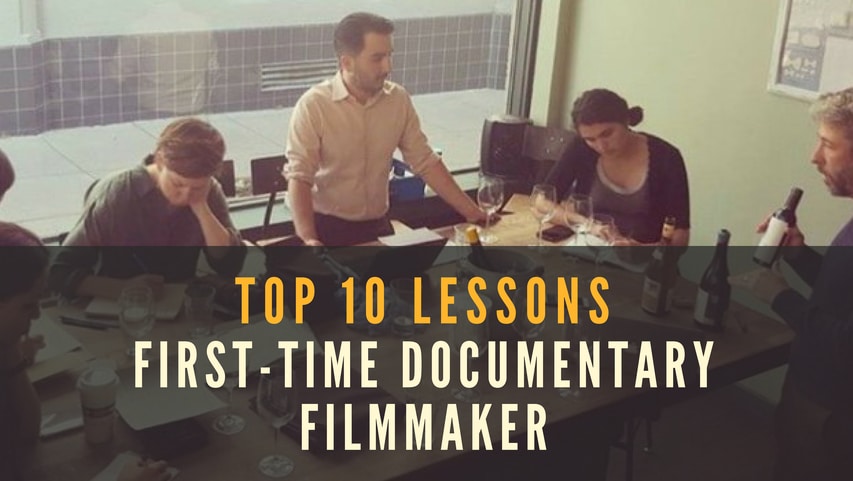

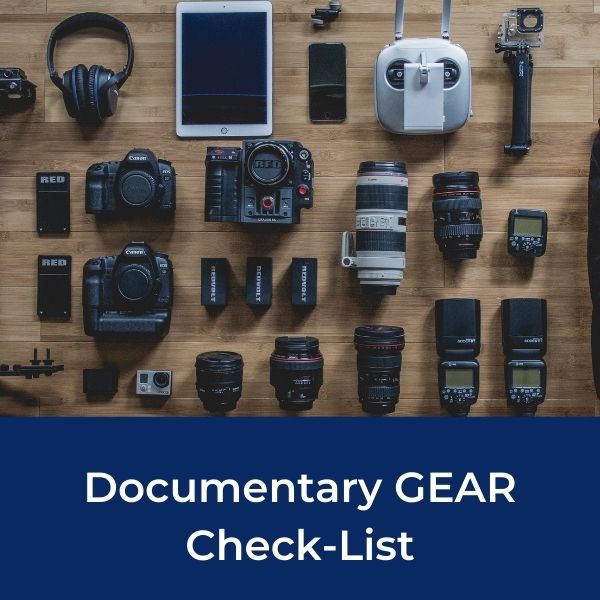


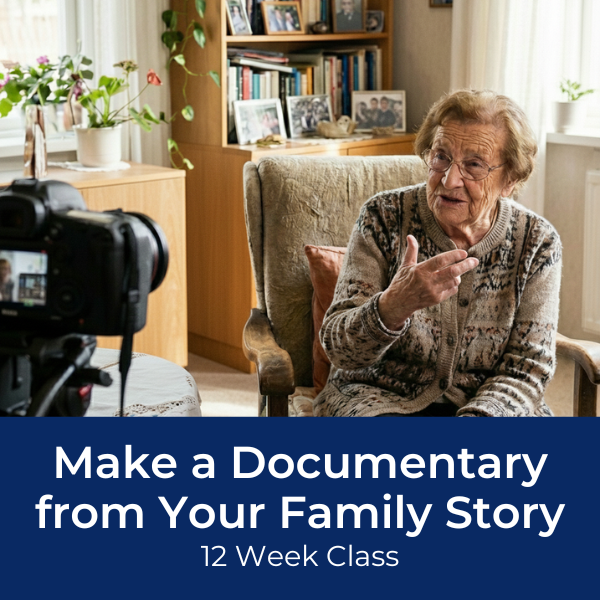


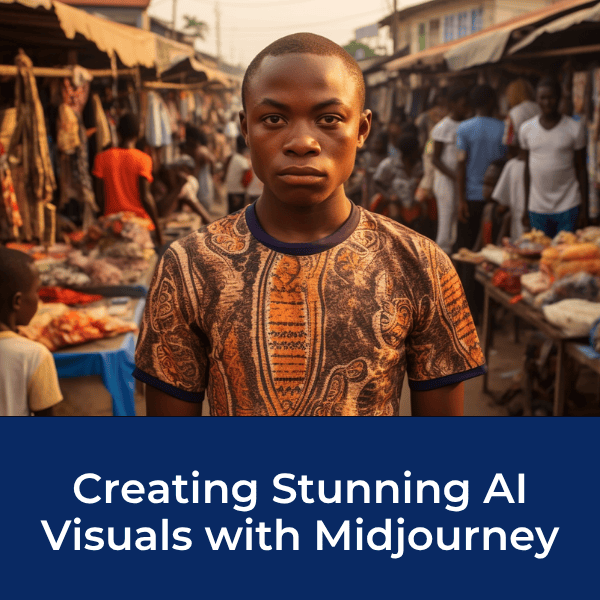







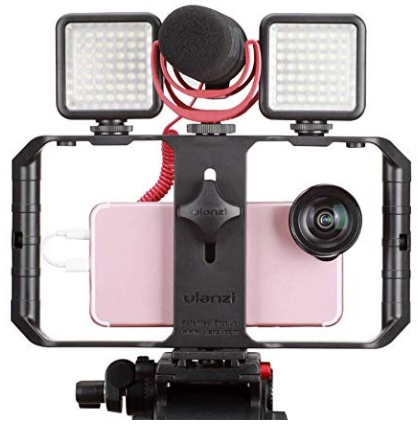
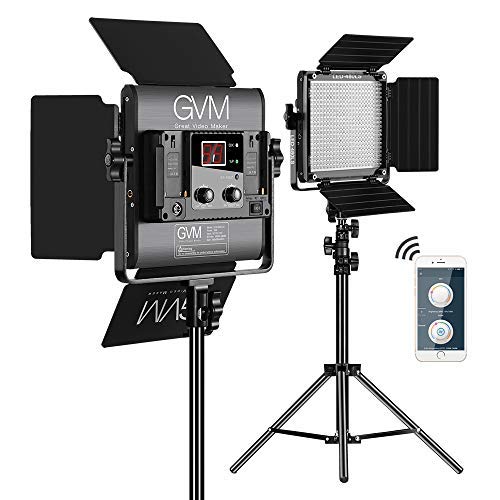
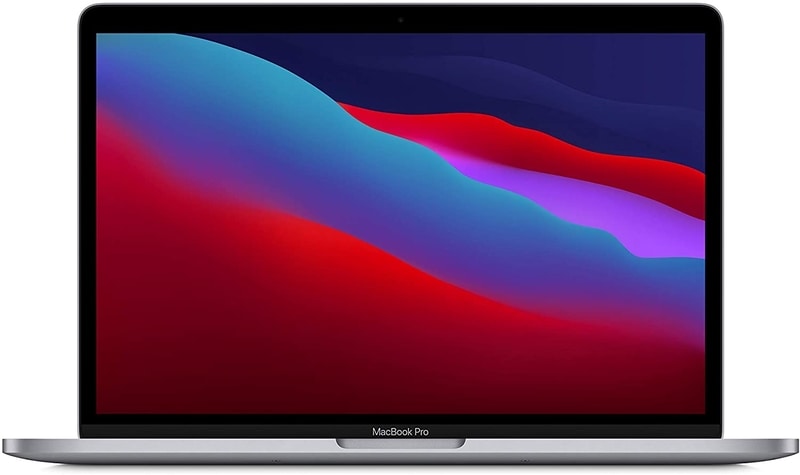
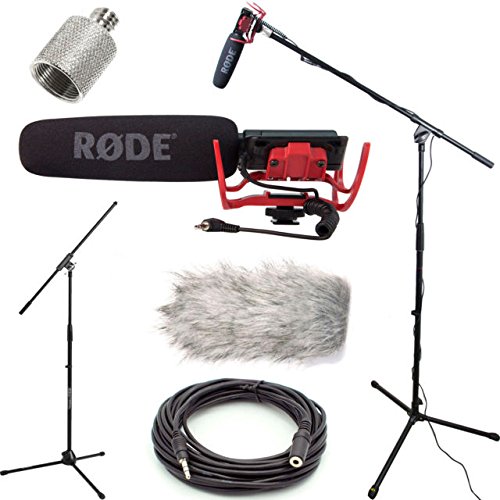
New! Comments
[To ensure your comment gets posted, please avoid using external links/URL's]